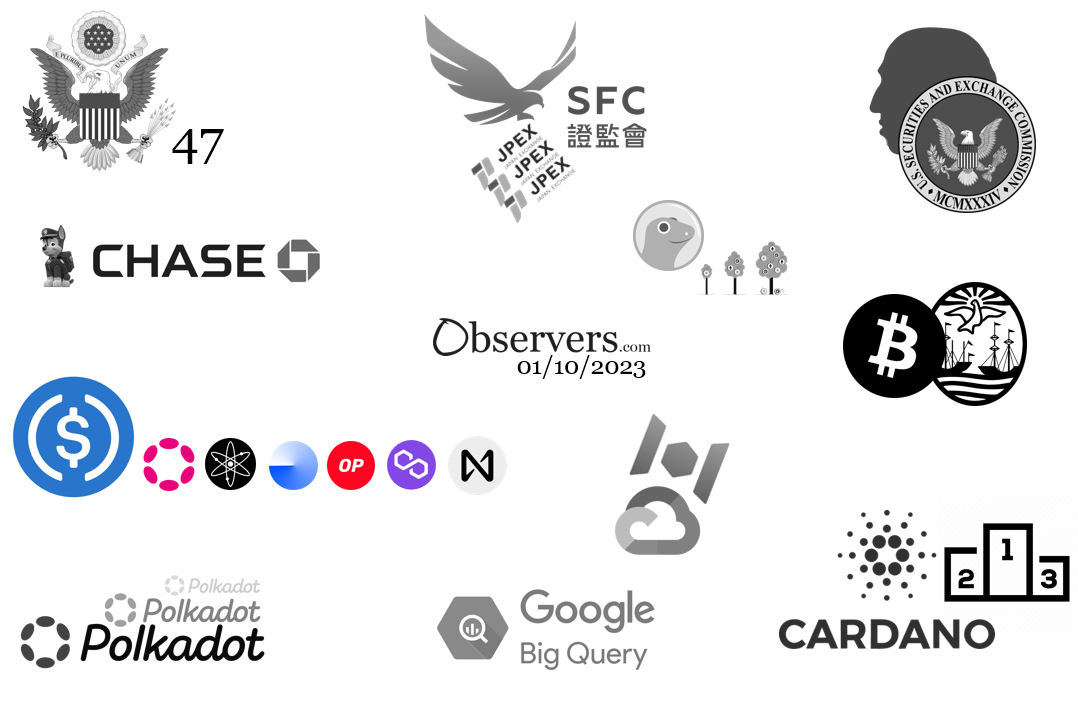
The U.S. government has narrowly avoided another shutdown, after approving a short-term funding bill at the eleventh hour, late on Saturday night. While the rest of the world looks on in astonishment at the fact that partisan politics can so regularly hold such a major economy to ransom, lawmakers now have an additional 45 days to come up with a longer-term solution.
The only negative aspect about the shutdown being avoided (at least from a crypto point of view), is that Gary Gensler and the SEC will not be imminently reduced to a skeleton staff, and so will likely continue being a thorn in the side of the industry.
Unless it finally starts listening to the opinions of... well, pretty much anybody else at the moment (including some of its own number). There was news this week that even members of congress are joining calls for the regulator to 'mind its own ****ing business', and put an end to its 'war on crypto'.
On the other side of the Atlantic, JPMorgan's UK retail bank Chase announced that it would block any payments that it believed were related to crypto assets... put purely to protect its customers you must understand, who apparently can't be trusted to make their own grown-up decisions as to what to spend their money on.
Continuing our whistle-stop world tour, authorities in Hong Kong are tightening their grip on virtual asset trading platforms in the wake of the JPEX scandal, which may turn out to be the largest ever financial fraud in the territory. Meanwhile, Argentina is pinning its future hopes on blockchain technology, with a digital ID program launching in the capital, Buenos Aries, and a mining program using oil extraction by-products in the west of the country.
Also innovating, both Cardano and Polkadot laid out plans for future development this week. Cardano announced the winners of its 10th innovation fund, worth $12.5 million and shared between 192 proposals to address 13 network challenges initially set in June. Having handed control of the blockchain over to the community in July, Polkadot's developers announced an upgrade known as Asynchronous Backing, which is aimed at increasing scalability across the network to welcome an influx of new industries to the Web3 ecosystem.
Making connections across multiple blockchains is a growing trend. Circle's USDC rounded out its 'Stable September' with launches across six new blockchain platforms, including Cosmos, Polkadot, Base and Optimism. Meanwhile, Google Cloud expanded its BigQuery data analytics service to support 11 additional blockchains, making a total of 19 which can now run complex SQL queries, running from Arbitrum to Zcash.
Despite its connections to decentralized services, Google Cloud remains a wholly centralized point of attack for hackers and scammers, who allegedly targeted the cloud provider in a cyberattack that resulted in a $200 million loss for the Mixin network.
Finally, we continued our deep dive into the staking scene, with a closer look at liquid staking derivatives and the rise of LSDFi.
